California business owners have the daily task of balancing the risks and rewards that come with running an operation and keeping it lucrative. What can knock a company off course, however, is when some unforeseen event occurs that creates liability exposure.
One invaluable tool that protects a business from financial harm is Commercial General Liability (CGL) insurance, but it is important for policyholders to understand the benefits as well as limitations of such a policy. When disputes arise over coverage or claim denials, a sound legal resource is invaluable for resolving issues or, if necessary, taking them to court.
What a CGL policy covers
A CGL policy covers non-professional negligent acts arising out of property damage or personal and advertising harm, in situations such as:
- A slip-and-fall accident that occurs to a customer.
- Damage that occurs to a customer’s property from an employee’s carelessness.
- Misleading advertisement claims.
Standard CGL insurance will cover legal fees and liability damages up to the limits of the policy, including:
- Bodily injury and property damages from premises liability claims and liability from business operations. It does not cover workers’ compensation claims.
- Personal and advertising damages from libel, slander, copyright or IP infringement, or false advertising claims.
- Medical payments, including reasonable medical, surgical, or funeral expenses from an accident that occurs on the premises.
Many companies reduce their liability exposure from other potential risk factors by purchasing additional coverages. For example, directors and officers liability insurance protects such functionaries from past, present, or future liability for errors, misstatements or omissions, or breach of duty claims.
Liquor liability is another add-on to a CGL policy that protects the company from dram shop liability. Pollution liability protects industries and commercial entities from liability claims arising out of accidental, gradual, or unforeseen environmental contamination or exposure.
Handling the denial of a claim
An initial business insurance claim denial could be due to a missed deadline, lack of coverage for the injury claim, or a claim that exceeds the policy’s limits. The insurer may also deny a claim if they suspect fraud.
If none of these reasons is valid, it is possible to sue the insurer for breach of contract for failing to perform under the terms of the contract. In a bad faith claim, the policyholder may seek punitive damages that exceed the terms of the policy. Litigation is not the only route, however, and early intervention can lead to negotiations that yield satisfactory results.

